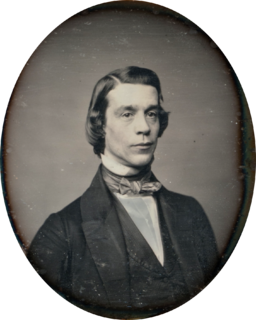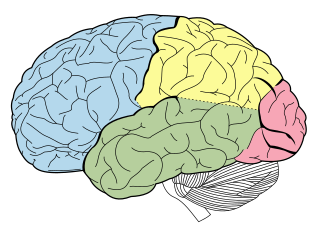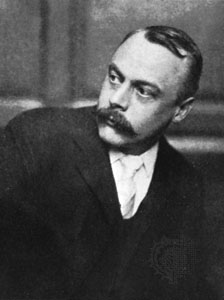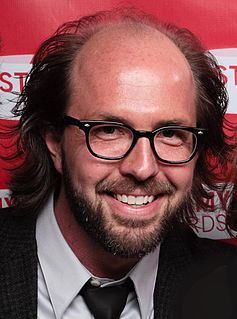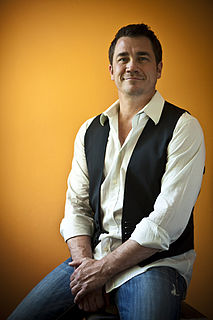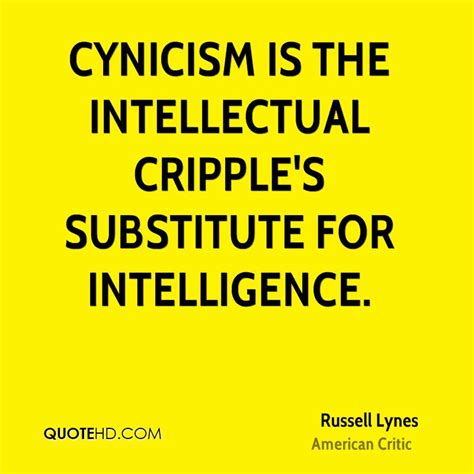A Quote by Thomas Starr King
What a year to live in! Worth all other times ever known in our history or any other.
Related Quotes
There are times it's the only thing I want and I wonder how I'll ever go back to the world of noise and distraction. Other times, silence allows me to hear what's really going on in my head. Part of the reason we're on our phones or watching television or reading magazines is to give our heads something else to listen to other than our own thoughts.
Children should have the joy of living in far lands, in other persons, in other times - a delightful double existence; and this joy they will find, for the most part, in their story books. Their lessons, too, history and geography, should cultivate their conceptive powers. If the children do not live in the times of his history lesson, be not at home in the climate his geography book describes, why, these lessons will fail of their purpose.
It's easy to forget history or give it a cliff notes. The cliff notes of history. But mainly, so much of what happens in 'Eyes on the Prize' happened in Jackson, Mississippi. Jackson, Mississippi isn't really known for any other touchstone to the movement, other than Medgar Evers being killed. There were sit-ins and riots and atrocities.
History leaves no doubt that among of the most regrettable crimes committed by human beings have been committed by those human beings who thought of themselves as civilized. What, we must ask, does our civilization possess that is worth defending? One thing worth defending, I suggest, is the imperative to imagine the lives of beings who are not ourselves and are not like ourselves: animals, plants, gods, spirits, people of other countries, other races, people of the other sex, places and enemies.
The State did not originate in any form of social agreement, or with any disinterested view of promoting order and justice. Far otherwise. The State originated in conquest and confiscation, as a device for maintaining the stratification of society permanently into two classes-an owning and exploiting class, relatively small, and a propertyless dependent class. . . . No State known to history originated in any other manner, or for any other purpose than to enable the continuous economic exploitation of one class by another.
This is a devastating problem, is, the longer our children are in school, the worse they do. Year after year after year, our children in America are falling further behind. Our 3- and 4-year-olds enter kindergarten OK, and they fall further and further behind. Each year, children in other countries are learning more than children in this country. And so the gap between American student performance in Singapore and Finland and South Korea and Canada and these other countries, the gap widens year after year after year.
I think Trump has made it really hard for people to read, period. He's made it hard for me anyway. Part of his evil is the way it constantly distracts us, constantly upends our horizon. To leave your computer for three hours now is to miss a year's worth of drama. This is programmatic and common to other autocratic regimes of our times.
Have you ever considered, beloved other, how invisible we are to each other? We look at each other without seeing. We listen to each other and hear only a voice inside out self. The words of others are mistakes of our hearing, shipwrecks of our understanding. How confidently we believe OUR meanings of other people's words.
